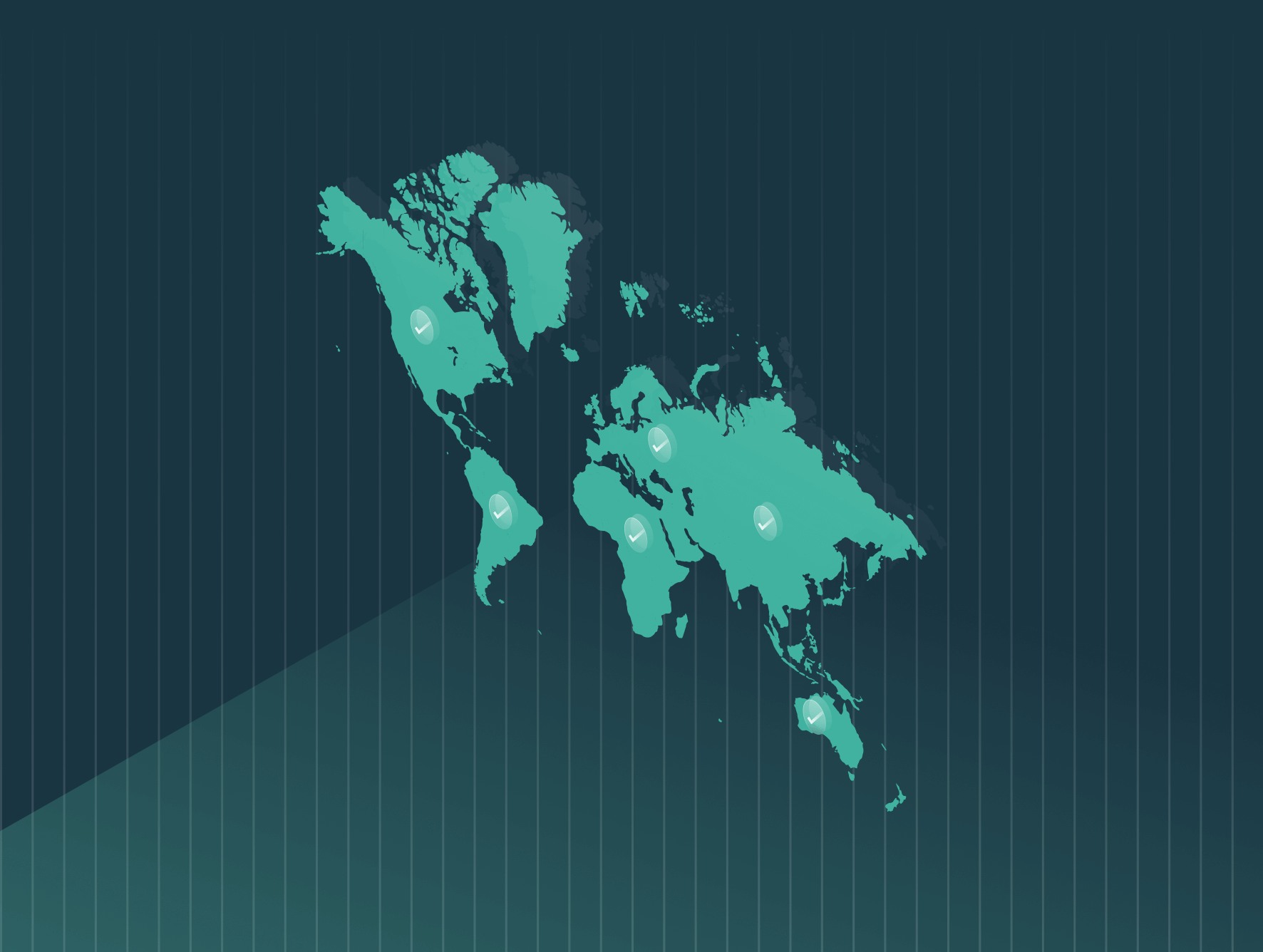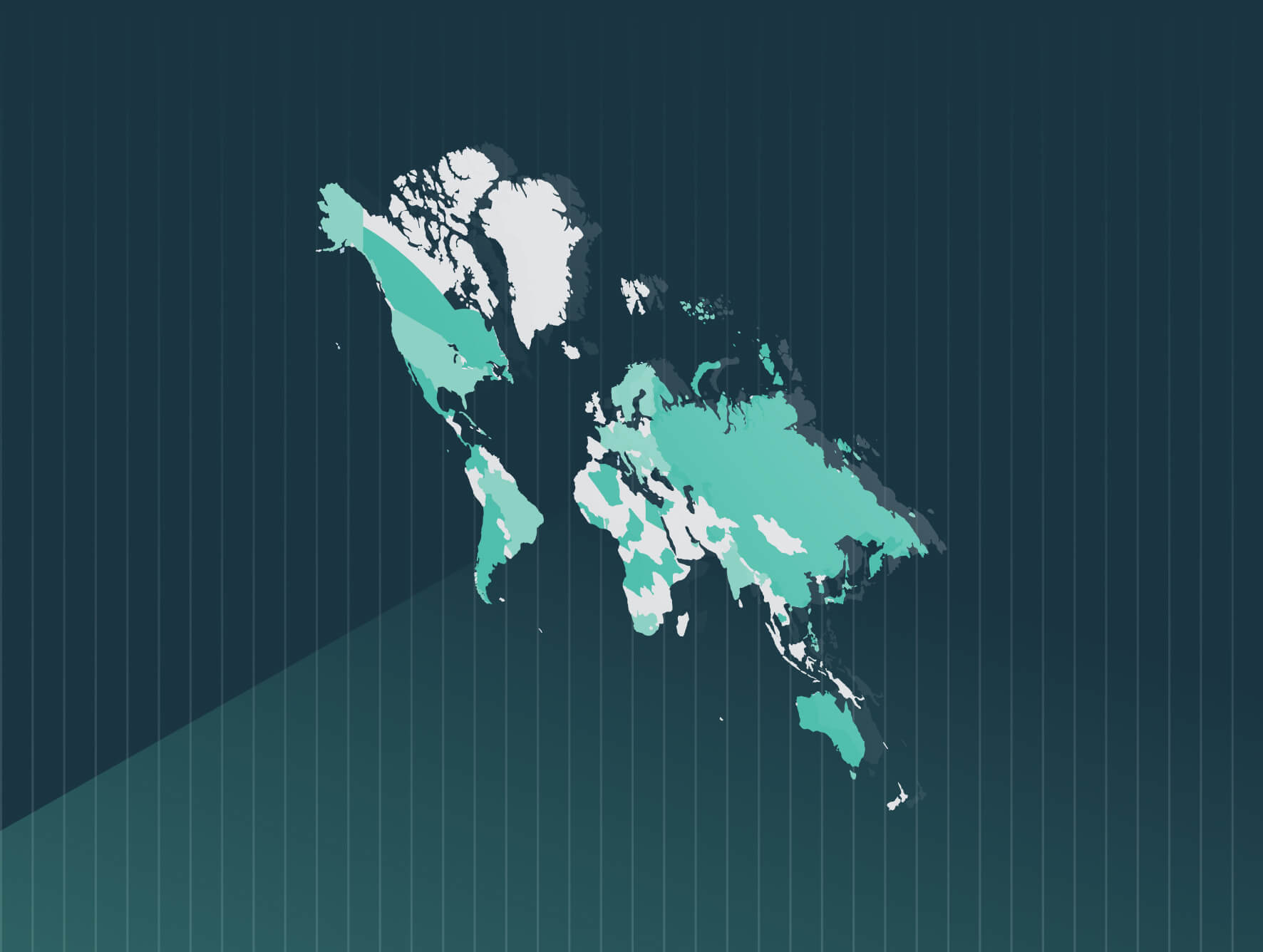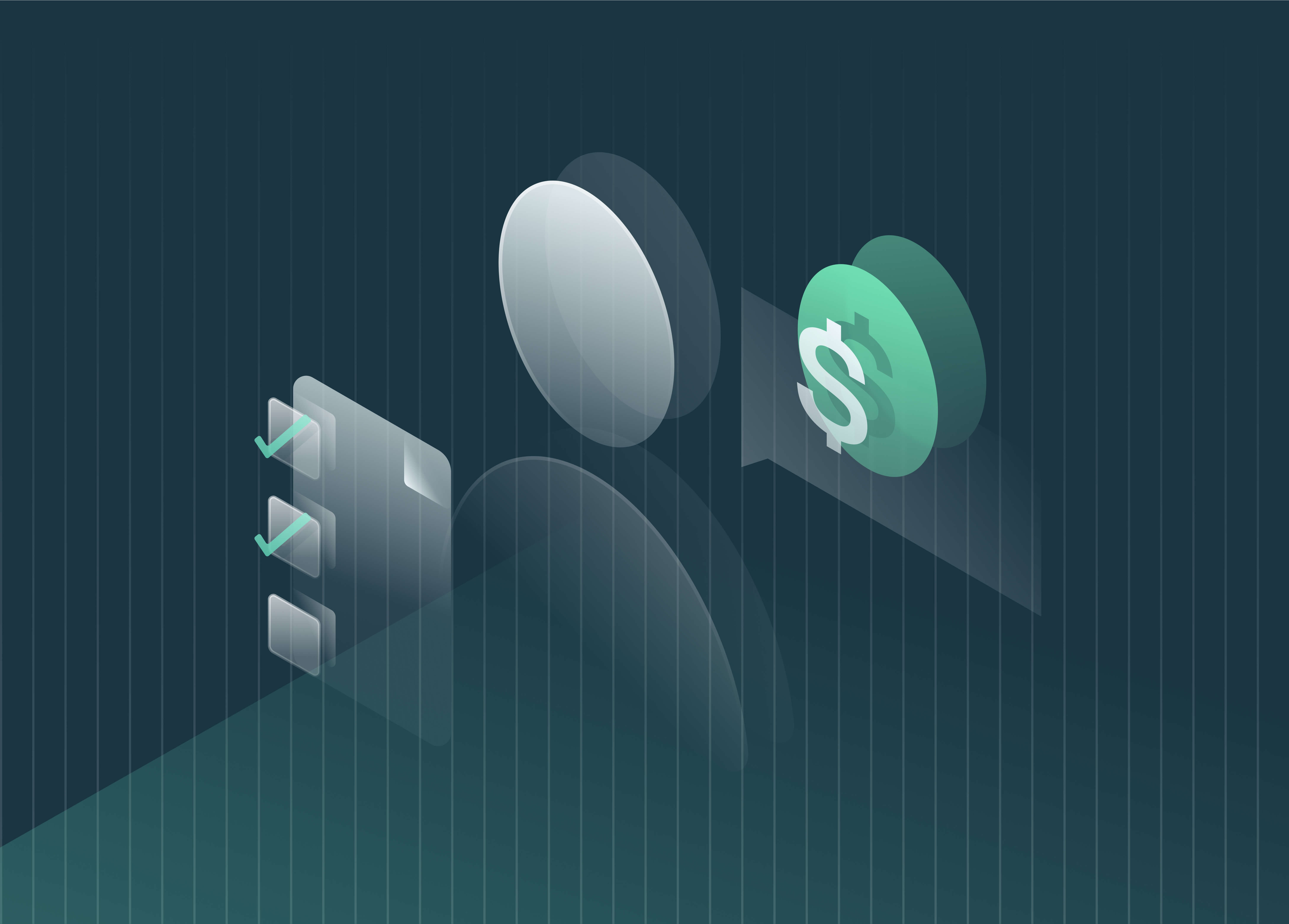California’s SB 1162 is rapidly making its way through the various state legislative bodies with the most recent being the Assembly Labor and Employment Committee. It passed in a 4-2 party-line vote.
During the hearing, Senator Monique Limon presented SB 1162 to a host of new audiences. The bill received backing support from The California Employment Lawyers Association and TechEquality Collaborative, among many others. Both California Labor Federation and Equal Rights Advocates vocally supported the bill as well.
Throughout the hearing, various members made comments regarding the importance of SB 1162, saying specifically that “You can’t solve a problem that you can’t see.” And that’s precisely what SB 1162 and its various pay transparency initiatives aim to do.
What is SB 1162?
SB 1162 makes significant amendments to California’s SB 973 pay data reporting law by specifically enhancing the reporting aspect for employers.
If signed into law, SB 1162 would require employers to report on mean and median hourly rates for employees at the intersections of gender and race/ethnicity for each job category. The requirements would extend to employees hired through external staffing agencies, so long as the organization has 100 or more employees.
In addition, the law would require organizations with 15 or more employees to publish salary information in all job listings. To further enhance pay transparency, SB 1162 would also require employers to make available salary information to employers already working at their company.
Some other key provisions of SB 1162 include
- Removing the provision that allows organizations to submit annual EEO-1 in lieu of a pay data report
- Requiring employers with multiple establishments to submit a report covering each establishment
- Adding responsibilities relating to the job posting and wage rate history maintenance for each employee
- Creating non-compliance penalties in the amount of $100 per employee and up to $200 for repeat violations
What’s next for SB 1162?
Having just passed through the Senate Committee, the Assembly Judiciary Committee, and now the Assembly Labor and Employment Committee, it would appear that the bill becoming law is imminent, but it still has a number of rounds to pass before making its way to Governor Gavin Newsom’s desk for final approval by September 30, 2022. SB 1162 will move to the Assembly Appropriations Committee next and a decision won’t be reached until early August. From there, it will still need to go through a series of technical reviews and approvals.
Still, SB 1162 is gaining momentum and is poised to take effect and enhance California’s SB 973 pay data reporting law.
Seeing as California has the fifth-largest economy in the world, once SB 1162 is signed into law, organizations will need to be prepared for the steep pay data reporting requirements or be subject to penalties.
California’s Department of Fair Employment and Housing (DFEH) is already issuing non-compliance notices for failure to comply with SB 973, demonstrating diligence in enforcement and foreshadowing what will happen if SB 1162 goes into effect.
What organizations should do now
Best practices encourage conducting a pay equity audit now. This will help organizations prepare their data for the utmost scrutiny, which is something that will happen regardless of if SB 1162 is passed.
A comprehensive pay equity audit analyzes compensation information in SB 1162’s requested format, that is, at the intersection of gender and race/ethnicity. A good pay equity audit, like Trusaic’s PayParity, conducts it across these intersections in addition to age, disability, and more. Proactively performing the analysis will identify issues that can be corrected on the organization’s own timetable, as opposed to being required to do so by the DFEH or any other governing body.
Other states, like Rhode Island, Colorado, New Jersey, and Oregon offer safe harbor to organizations that proactively conduct comprehensive pay equity audits. Perhaps California will adopt similar provisions in the future.
Regardless, a pay equity audit is the single best way to understand compensation within an organization. Contact us to learn more about conducting one.








